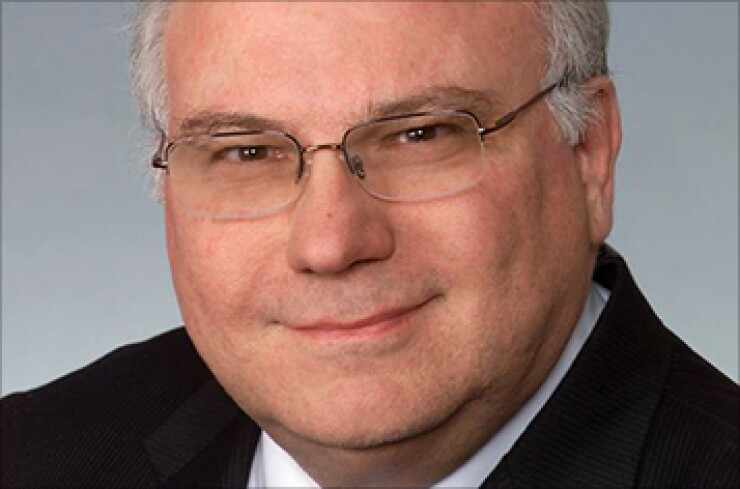
Editor's Note: The Pension Crisis — Part 2 of 4
Part 1:
Part 3:
Part 4:
PHOENIX – The Colorado Supreme Court ruled in 2014 that the state could roll back cost of living adjustments for its pension plan participants. That same year the Illinois Supreme Court ruled that healthcare premium subsidies paid by the state enjoy protection under the state constitution and could not be impaired. Two cases tackling the issue of vested contract rights, two different results.
"The COLA formula in place at a retiree's respective retirement has always been subject to subsequent amendments," Colorado's top court found.
"Under settled Illinois law, where there is any question as to legislative intent and the clarity of the language of a pension statute, it must be liberally construed in favor of the rights of the pensioner," Illinois' Supreme Court ruled.
As states and localities struggle to make sure their public employee pensions are sustainably-funded over the long haul, they often run up against opposition from plan participants and can end up in court. Those court decisions have run the gamut from allowing fairly significant changes to essentially treating pensions as untouchable. That's because every state has its own constitution and laws governing pension obligations and the U.S. Supreme Court hasn't offered specific guidance to lower courts on how much of an adjustment it takes to violate pensioners' rights.
Cost of living adjustments have frequently been viewed as modifiable in the past, as courts in states such as New Jersey, Colorado, and Minnesota have allowed COLA modifications, said Jim Spiotto, managing director of Chapman Strategic Advisors. In the 2014 Colorado case, for example, the State Supreme Court ruled that members of the Colorado Public Employees' Retirement Association had no contractual right to an unchanging COLA formula and upheld a state law rolling the increases back.
But that result stands in stark contrast to the Illinois Supreme Court's finding in Kanerva v. Weems, Spiotto said. In that case, the court ruled that healthcare premium subsidies paid by the state enjoy protection under the state constitution. A similar case is now underway in Chicago, with retirees arguing that the state's high court already sided with them in Kanerva and the city arguing that the subsidies were structured in such a way as to not be irrevocable legal obligations.
The U.S. Constitution forbids any state from making laws impairing contracts, but the U.S. Supreme Court has acknowledged the possibility that such contracts might be impaired if they clash with the delivery of public services, Spiotto said. In 1977's United States Trust Co. of New York v. New Jersey, the nation's high court said that such changes would have to be "reasonable or necessary" to "serve an important public purpose."
"If you're trying a significant pension change for a minor inconvenience, it's probably not going to go," Spiotto said. "States have allowed modifications to rescue or save a pension fund, recognizing that absent the modification, there would be a meltdown."
A number of states have doctrines similar to the so-called "California Rule," which arose from a 1955 California Supreme Court case in which the court found that fund beneficiaries cannot be adversely affected by changes to the plan. The court said that adverse changes to benefits should be accompanied by comparable advantages, a rule that has been interpreted as making it virtually impossible to modify the benefits already earned or promised to plan participants.
Keith Brainard, research director at the National Association of State Retirement Administrators, said the past few years have offered at least come clarity in an area that was previously quite murky.
"Legal protections vary widely," said Brainard, who isn't an attorney. "Each state is unique. What was protected under what circumstances and why was not clear."
NASRA has kept a database of pension-related litigation for the past several years, and some trends have emerged, Brainard said, In bankruptcy proceedings in Stockton and Detroit, for example, judges indicated that pensions are not sacrosanct.
Spiotto stressed that the best way to enact a pension adjustment is still to get to the bargaining table and hammer out a deal acceptable to all interested parties.
"It's still a developing area," Spiotto said. "The best adjustments are the ones that are done voluntarily. It is not really a we or they. It's an us."
Next: How Political Gridlock Snared Pension Action in N.J., Illinois





